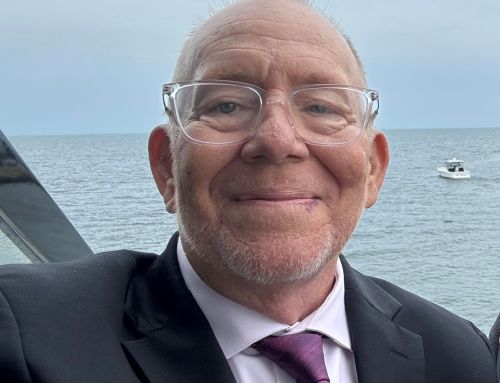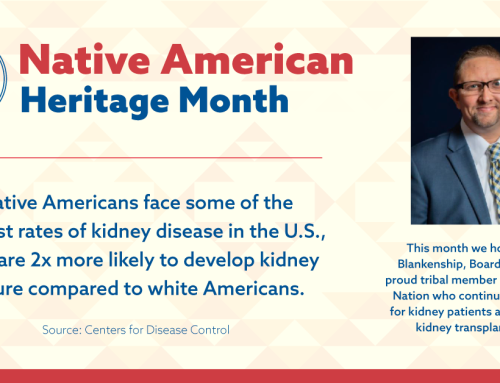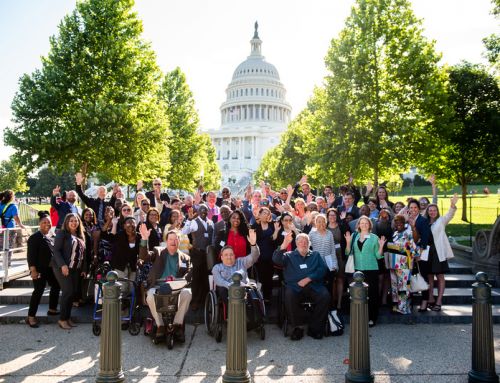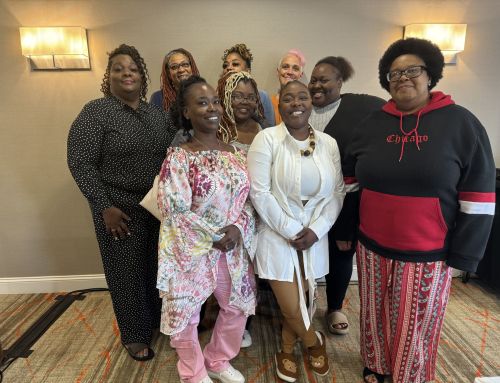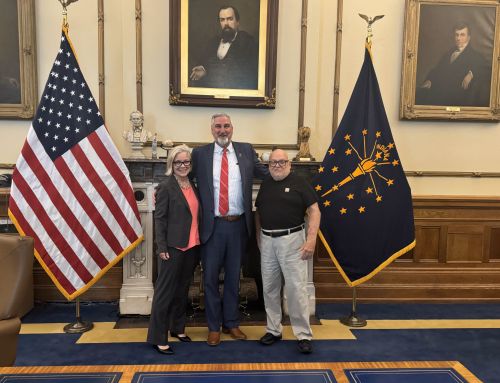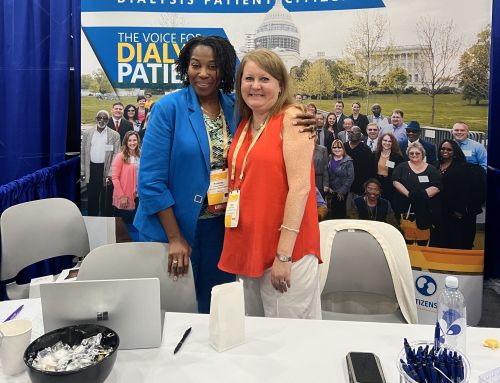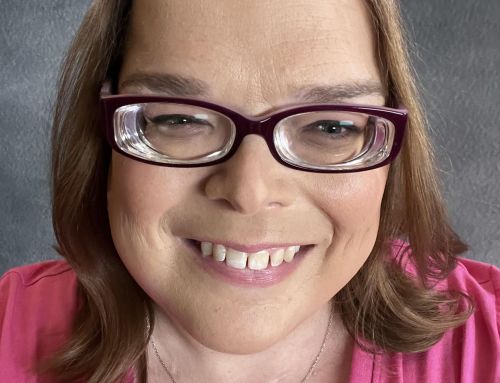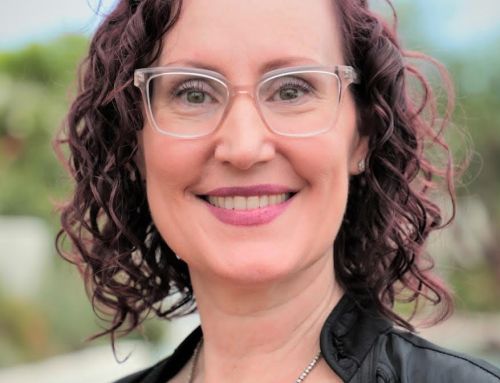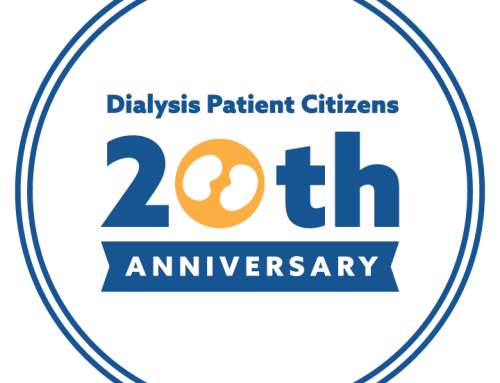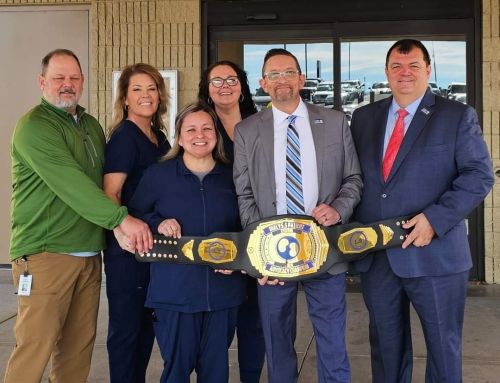As many 2022 state legislative sessions are winding down or have recently wrapped-up, it is a good time to update DPC members on state legislation important to dialysis patients. The participation of our Patient Ambassadors in DPC’s advocacy efforts has been really beneficial in educating legislators to help them make more-informed decisions on legislation that impacts End Stage Renal Disease (ESRD) patients.
Improving access to affordable Medicare Supplemental Insurance (a.k.a., Medigap) plans is a top priority for DPC, and legislation was introduced in multiple states: Arizona, Kentucky, Louisiana, Nebraska, Maryland, New Jersey, Rhode Island, Vermont, and Wisconsin.
Arizona, Kentucky, Nebraska, and Rhode Island legislatures introduced bills that would require insurers to allow Medicare enrollees under age 65 the same access to Medigap plans offered to those age 65 and older. In Rhode Island, the bill has been approved by the House of Representatives and is currently being considered by the Senate Health & Welfare Committee, which is supportive and may add improvements through an amendment. Rhode Island’s legislature remains in session until June 30. Kentucky’s bill will be studied over the summer during interim committee hearings for further consideration, while Nebraska legislators vowed to negotiate a bill this summer that can be passed next session following a February Committee hearing in which legislators were moved by patient and advocate testimony. Medigap legislation in Arizona did not advance this session. DPC continues building momentum in each of these states, working towards successful results in 2023.
Legislation recently passed in Vermont will create a stakeholder group to study several Medicare issues and report back to the Vermont General Assembly by January 15, 2023. DPC worked with the bill sponsor to amend the bill to include Medigap access for under age 65 ESRD residents among the issues to be studied, since current state statute exempts insurers from having to offer Medigap to ESRD patients under age 65. DPC is working with the Vermont Department of Financial Regulation and coalition partners to provide data and dialysis patient perspectives to the stakeholder group.
In Maryland, the General Assembly passed a Medigap “birthday rule” that creates an additional guaranteed issue open-enrollment window 30 days following the enrollee’s birthday to switch to a different Medigap plan of equal or less benefits. Louisiana and New Jersey are moving similar bills through their legislatures, while a similar effort in Wisconsin did not move forward this year.
Multiple states introduced legislation to enact living organ donor anti-discrimination protections and provide financial incentives to living organ donors to help increase the number of kidneys available for transplants. We are pleased to report that Delaware, Florida, Georgia, Nebraska, and Ohio have passed living organ donor protection legislation this year. Legislatures in California, Louisiana, Massachusetts, Michigan, New Jersey, New York, North Carolina, and South Carolina have not yet adjourned and are still considering legislation. Bills in Indiana, Kentucky and West Virginia did not advance.
DPC recognizes the incredible value that patient stories bring to our advocacy efforts. We are grateful to these Patient Ambassadors for their great work engaging with policy makers or sharing their stories in letters of support: Michael Peoples (Colorado), James “Hap” O. Strunk (Kentucky), Tangela Robinson (Georgia), Jim Myers (Indiana), Angela Gaskell (North Carolina), Gwendolyn Snell (Ohio), Gene Blankenship (Oklahoma), Theodore Chaplin (Rhode Island), and DPC Board Members Maria Robinson (Maryland) and Vanessa Evans (Massachusetts).
To learn more about how you can help DPC’s state advocacy program, visit DPC’s website to find out your state’s Medigap status and to Get Involved with DPC.






